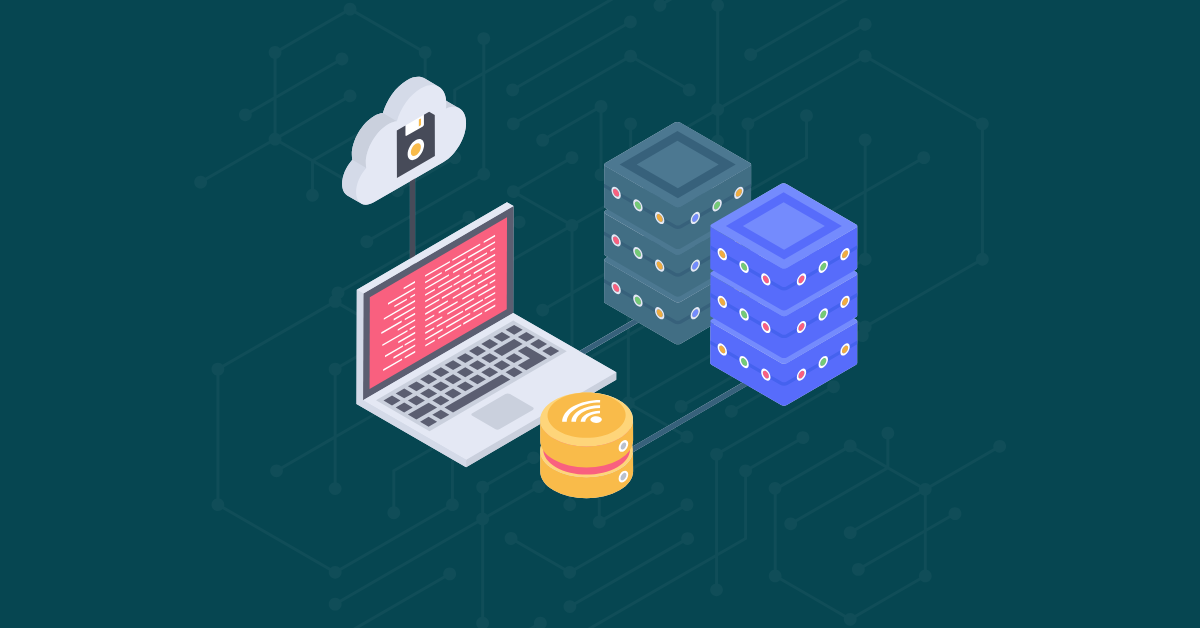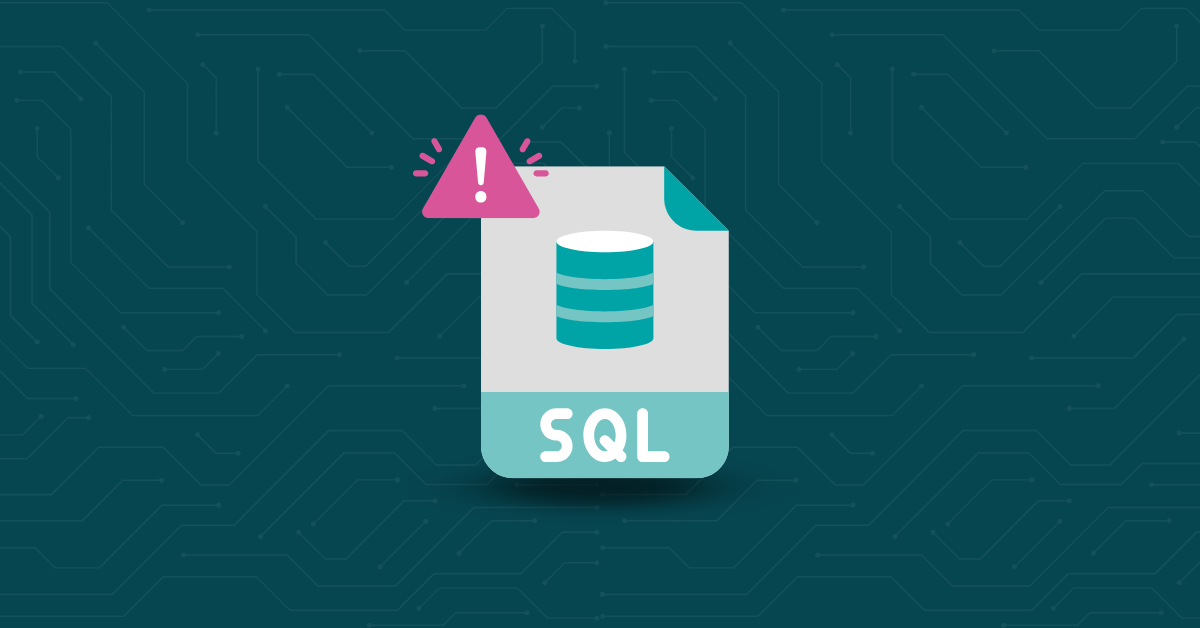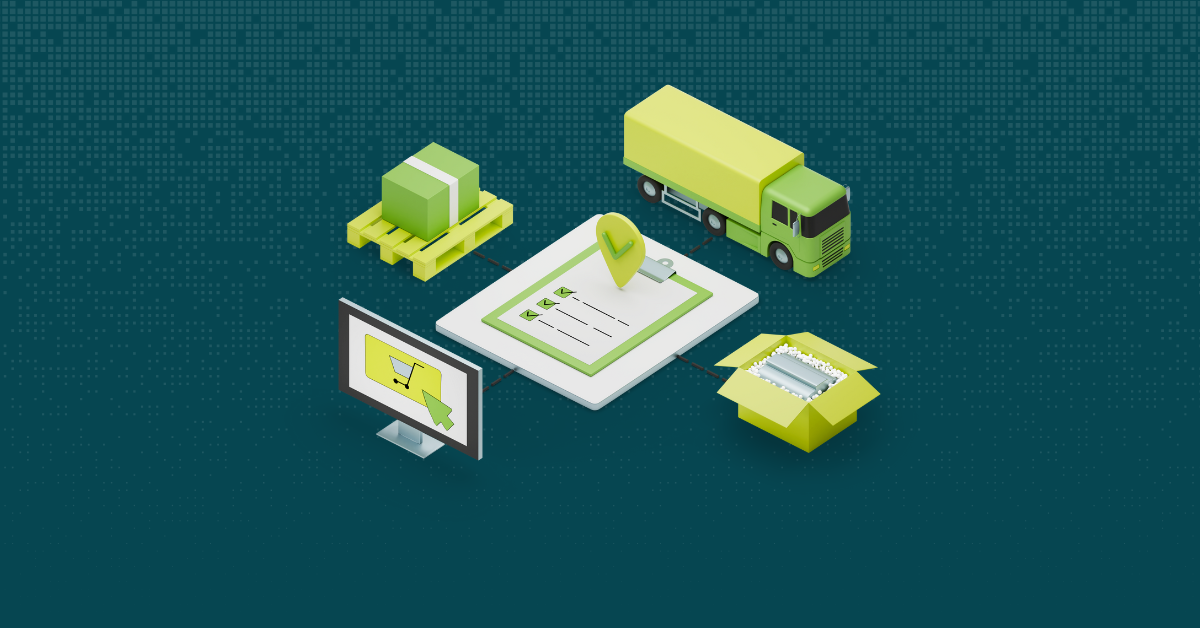
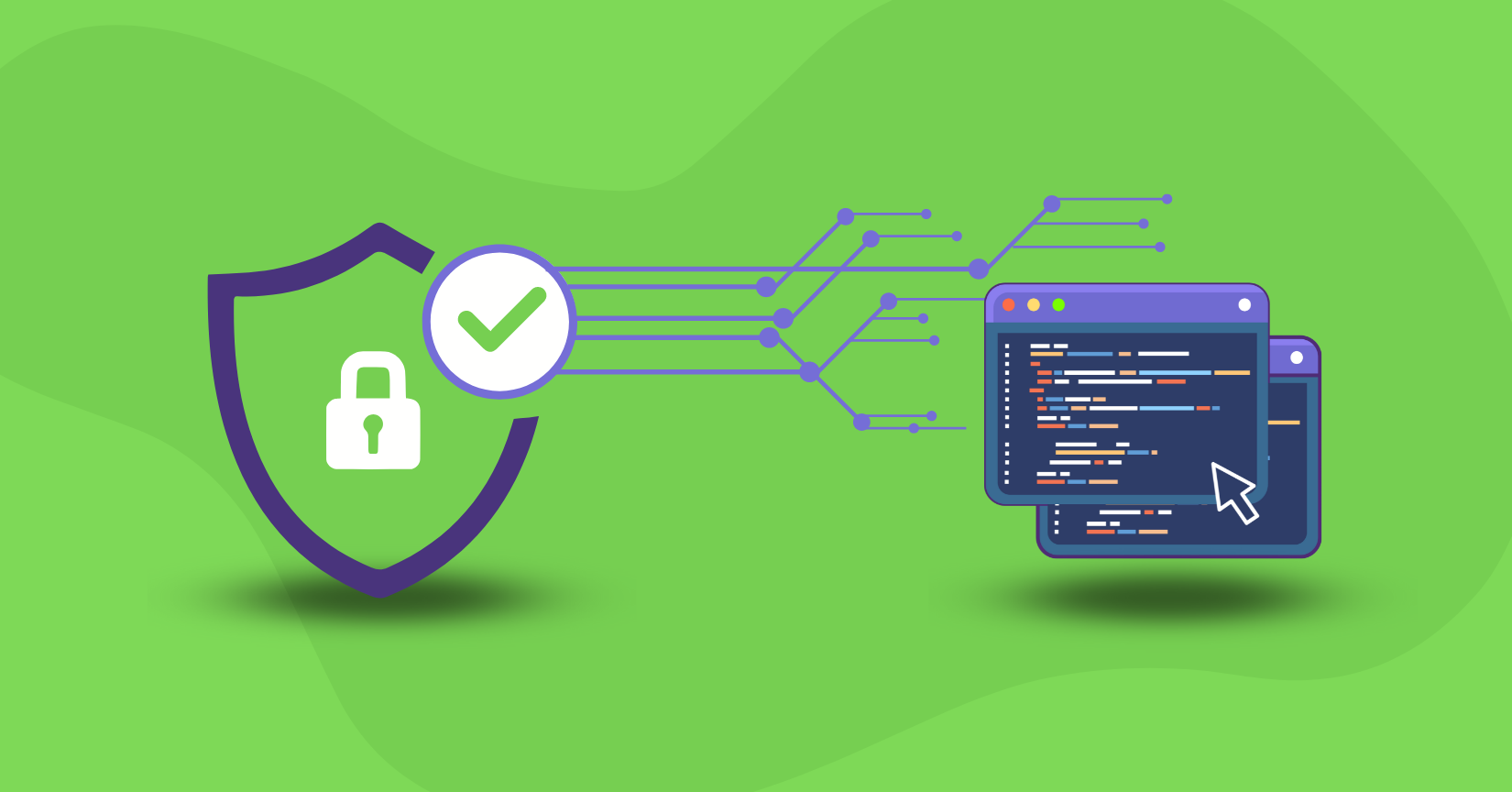
The technological landscape has undergone seismic changes in the past decade, with artificial intelligence (AI) being at the forefront of this transformation. For software developers, AI tools are not just a novelty but a necessity to stay competitive in an evolving industry. Today, names like ChatGPT, Scribe, Tabnine, and GitHub Copilot resonate among programmers, renowned for their capacity to expedite the coding process, enhance productivity, and elevate the quality of the final product.
While each of these tools has unique features and applications, they all converge on a singular tenet—they harness the power of AI to help developers create better software faster.
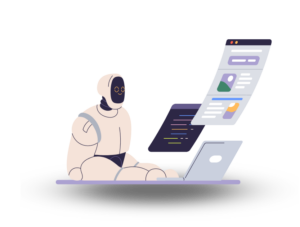
AI isn’t about replacing human developers but rather augmenting their capabilities. Intelligent programming tools leverage machine learning to analyze vast code repositories, learning patterns, and best practices. They then apply these learnings to suggest completions, identify bugs, and write code.
For instance, Tabnine and GitHub Copilot, equipped with AI, serve as powerful auto-completion tools, predicting the next line of code that a developer might write. Scribe uses AI to generate documentation from code, saving time and minimizing the likelihood of outdated or incorrect comments. Then there’s ChatGPT, which can provide detailed code explanations, helping novices to learn or experts to troubleshoot.
While AI tools can offer impressive benefits, key considerations should be considered when choosing the right one, particularly regarding source code security.
Firstly, some AI programming tools learn from public code repositories. This means their suggestions might inadvertently include code snippets that, while functional, do not follow the best security practices. Developers need to be vigilant in scrutinizing AI-generated code for potential vulnerabilities.
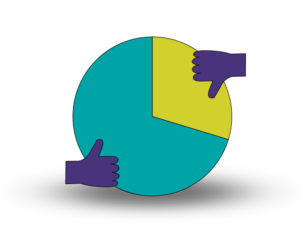
Moreover, developers must comply with copyright and license regulations when using AI-generated code. GitHub Copilot, for example, might propose a piece of code that, unbeknownst to the developer, is a close replication of a copyrighted piece of code.
Lastly, it’s crucial to understand that while AI tools are exceptional at identifying patterns, they don’t inherently understand the business logic or the specific requirements of your project. Therefore, AI should be used as an assistant, not a substitute for a human developer.
While AI can revolutionize how we code, it’s important to complement it with traditional code analysis and security tools, especially with languages like Python, Java, JavaScript, and C++.
For instance, Kiuwan static application security testing (SAST) can be paired with AI to ensure the quality and security of your code. It offers static code analysis, identifies security vulnerabilities, and checks for code standard compliance. By using Kiuwan alongside an AI tool like ChatGPT, developers can ensure that the speed and efficiency offered by AI don’t compromise the security or the quality of the final product.
As we navigate the exciting world of AI in software development, remember that these tools work best when they enhance our capabilities, not replace them. With the right blend of AI and traditional methods, developers can create robust, secure, and efficient software. In this digital age, embracing AI isn’t merely an option—it’s a necessity for those who aspire to lead in the industry.
Leverage AI programming tools to produce code faster and better, and use Kiuwan to ensure it’s secure, compliant, and of top-notch quality. Kiuwan provides robust scanning capabilities for popular languages like Python, Java, JavaScript, and C++, making it an ideal partner in your AI-driven development journey. Want to see how Kiuwan works? Click the button below and request a free demo to experience the synergy of AI-powered development and comprehensive security scanning.

